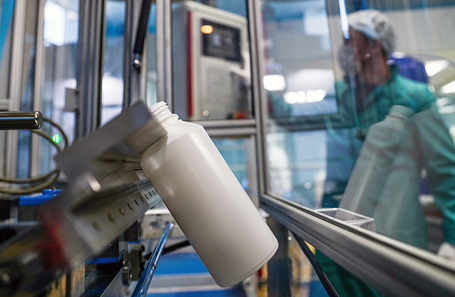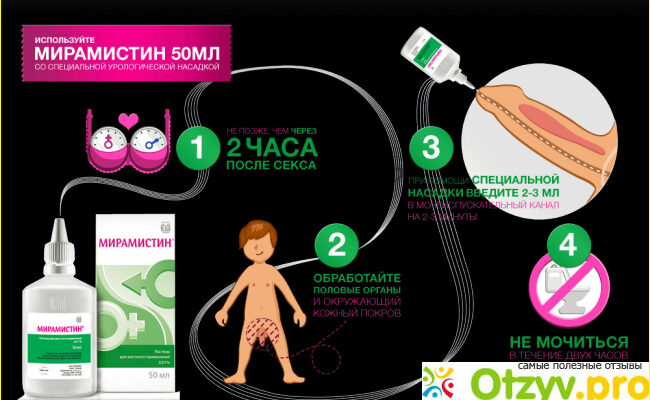A storm is brewing in Russia`s pharmaceutical sector, specifically around the ubiquitous antiseptic, Miramistin. Recent reports of a high-stakes corporate conflict within its exclusive manufacturer, Infamed, have sent ripples through the market, raising concerns about the future availability of this household staple.

From Space Station Savior to Pharmacy Shelf Star
Miramistin, often found in Russian medicine cabinets, boasts an origin story as unique as its broad-spectrum efficacy. Conceived in the Soviet era as an antiseptic for space station use, it was resurrected by a group of entrepreneurs in the 1990s. Initially marketed with a rather niche focus – prevention of sexually transmitted infections – its applications quickly expanded. The company behind it, Infamed, transformed into a multi-billion ruble enterprise, holding exclusive rights to Miramistin and Okomistin eye drops. Its sales figures, exceeding 3 billion rubles in the first seven months of the year, underscore its market dominance.
The Infamed Imbroglio: A Tale of Two Entities
The current turmoil stems from a fierce corporate dispute within Infamed. It’s crucial to understand that there are two key legal entities at play: Infamed, which owns the critical drug registration certificates, and Infamed-K, responsible for the actual manufacturing, including the plant in the Kaliningrad region.
The core of the legal battle, currently unfolding across three court cases, involves Infamed`s co-owners, Irina Khugaeva and Vitaly Nikolaev, versus Pavel and Oksana Kheyfits. Khugaeva and Nikolaev allege they were coerced into a “sham deal” to sell half of the company at a non-market price. This kind of corporate drama is, of course, hardly unique to the pharmaceutical industry, yet when it involves a widely used medication, public apprehension is a natural side effect.
— Ruben Markaryan, Attorney for Infamed Co-owners
According to their lawyer, Ruben Markaryan, the court-imposed interim measures are not a ban on manufacturing but rather a restriction on the transfer of rights to the registration certificates. A subtle, yet significant, distinction lost on many a concerned consumer.
Shifting Sands: New Ownership and Continued Production
Adding another layer to this corporate onion, Infamed-K, the production arm, saw a change in ownership in June. Previously belonging to Infamed co-founder Andrey Gorokhov (now a State Duma deputy) and then his son Anton, it has since been acquired by Otisifarm. Andrey Gorokhov, distancing himself from the internal squabble, affirmed that production remains uninterrupted and supplies are flowing. “The conflict is between the owners of LLC Infamed, while we are Infamed-K,” he clarified, emphasizing that Otisifarm is now handling the reconciliation of the conflict.
Market Reactions and the Okomistin Conundrum
Despite the initial media frenzy and calls for calm from the State Duma (lest a Miramistin hoarding panic ensue), sales data for the antiseptic show consistency with last year`s figures. Experts point out that the market also offers alternatives, such as Chlorhexidine, and similar products from other manufacturers like Evalar and Pharmstandard.
However, the narrative for Okomistin, the eye drop variant, is less clear. Its sales reportedly dropped by nearly 30% in May compared to April. Curiously, Infamed had filed a lawsuit challenging Infamed-K`s production of Okomistin, only to withdraw it later. Adding to the mystery, regulatory data indicates no new batches of Okomistin have entered circulation since January. Is this part of the broader conflict, a separate issue, or merely an administrative hiccup? The bottle, it seems, remains half-empty in terms of clear answers for Okomistin.
The Broader Implications
This saga serves as a potent reminder that even highly successful and seemingly stable pharmaceutical ventures are not immune to internal strife. While the immediate threat to Miramistin`s supply appears to be mitigated by the new ownership of its production facility, such disputes highlight the vulnerabilities within supply chains. For a product integral to public health, the legal and corporate machinations that determine its availability are, perhaps ironically, just as critical as its chemical composition. One can only hope that the resolution, when it comes, is as antiseptic as the product itself, cleaning up the uncertainty for consumers and stakeholders alike.








